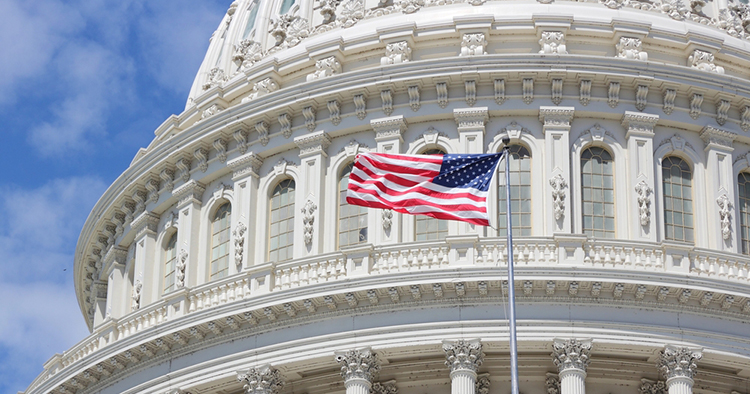Consensus tax bill includes law firms in pass-through tax relief, with limits

Law firms and other professional service entities won’t be entirely excluded from tax relief for pass-through entities in the final version of the tax bill that is awaiting passage.
The consensus provision on pass-through businesses is in many ways a victory for the ABA. The association had lobbied Congress to accept the Senate version of the tax bill giving a tax deduction to owners of pass-through businesses, including professional service firms.
The House version of the bill would have excluded law firms and all other professional service business from pass-through tax relief, and it would have lowered the maximum tax rate rather than provide for a deduction.
The conferees accepted the Senate approach, but did not eliminate caps that phase out the pass-through deduction for higher-income professional service providers. The ABA had asked conferees to drop the phase-out.
Pass-through businesses include partnerships, Subchapter S corporations and sole proprietorships. Income for such entities pass through to the owners’ individual returns, where it is currently taxed at ordinary income tax rates.
Under the consensus bill, owners of pass-through businesses can take a 20 percent deduction for qualified business income they receive from the entity, according to the Washington Post, the conference report (PDF) and the conference committee’s joint explanatory statement (PDF, see pages 20-40). Qualified business income is nonwage income that is calculated according to a formula. The deduction in the original Senate bill was 23 percent.
The tax deduction is phased out for owners of professional services businesses whose taxable income exceeds $315,000 for married individuals filing jointly or $157,500 for individuals. The threshold in the consensus bill is lower than the thresholds of $500,000 and $250,000 that were in the original Senate bill.
Many high-income law firm partners will still benefit, however, because the final tax bill lowers the top individual income tax rate from 39.6 percent to 37 percent. The bill also increases income thresholds for the higher tax brackets.
The ABA position also prevailed in regards to these provisions in the consensus bill:
• The student loan tax deduction is preserved.
• Some contingency-fee lawyers will still be able to deduct upfront litigation-related expenses. Lawyers within the jurisdiction of the San Francisco-based 9th U.S. Circuit Court of Appeals are permitted to deduct such expenses.
• There is no requirement that high-income law firms or other professional service businesses use accrual accounting. The accrual method would have forced many law firms to pay taxes on accounts receivable and other “phantom” income they hadn’t received and may never receive.
The ABA Section of Taxation had asked Congress (PDF) to preserve the deduction for tax code compliance expenses. But the final tax bill prevents a deduction for costs connected with the determination, collection, or refund of any tax unless the expenses are for the production of income.
Typo in last paragraph corrected on Nov. 19. Updated on Dec. 20 to link to additional document.



